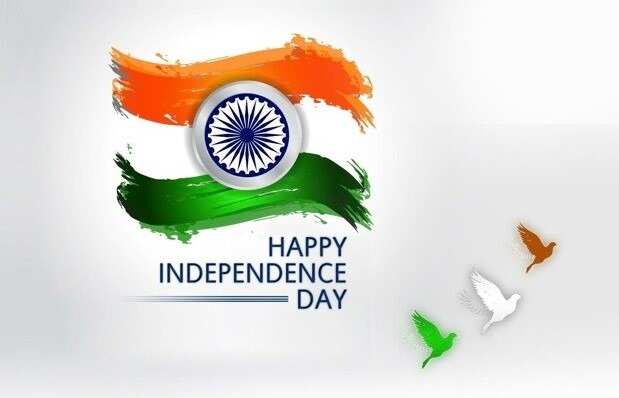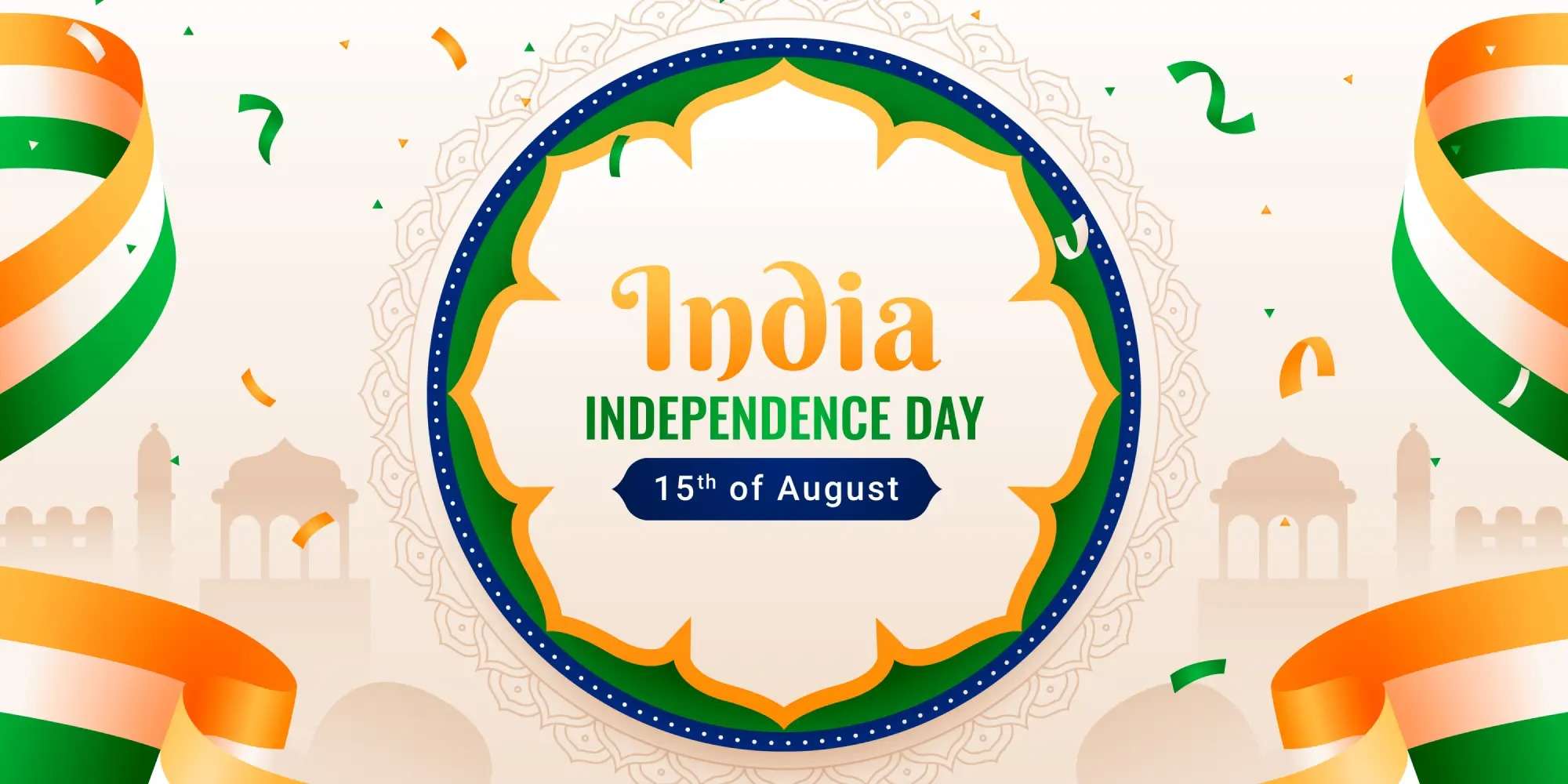Independence Day 2024: Why the National Anthem Wasn't Sung on India's First Independence Day ?

On August 15, 2024, India will celebrate its 78th Independence Day with grandeur and pride. Since gaining independence on August 15, 1947, the country has marked this day with the hoisting of the national flag at the Red Fort in Delhi and the singing of the national anthem. However, the tradition of singing the national anthem during Independence Day celebrations was not always in place. Let’s delve into the history and reasons behind this evolution.

The First Independence Day and the Absence of the National Anthem
When India celebrated its first Independence Day in 1947, the national anthem was not performed. Although Rabindranath Tagore had written the national anthem "Jana Gana Mana" in 1911, it was only officially adopted as the national anthem in 1950. The absence of a national anthem on the first Independence Day was due to several factors related to the selection process and historical context.

The Evolution of India's National Anthem
1. National Anthem Selection
At the time of independence, India did not have an official national anthem. The selection of the national anthem was a significant decision, with "Jana Gana Mana" and "Vande Mataram" both being strong contenders. Despite "Vande Mataram" receiving the most votes in the initial polls, there were considerable debates and controversies surrounding its adoption due to its association with the Hindu community.
The need for a unifying anthem that could represent the entire nation without controversy led to the choice of "Jana Gana Mana." It was officially adopted as the national anthem in 1950, with "Vande Mataram" being designated as the national song, recognizing its importance and popularity during the freedom struggle.
2. Significance of "Jana Gana Mana"
"Jana Gana Mana," written by Rabindranath Tagore, was chosen for its ability to symbolize India’s unity in diversity. Its adoption as the national anthem was part of the broader goal of creating a national identity that embraced all communities and regions of India.
3. "Vande Mataram" as the National Song
While "Jana Gana Mana" became the national anthem, "Vande Mataram" was recognized as the national song. This decision acknowledged the song’s role in inspiring and mobilizing the nation during the freedom struggle. The first two verses of "Vande Mataram" were officially adopted as the national song, reflecting its historical and emotional significance.
